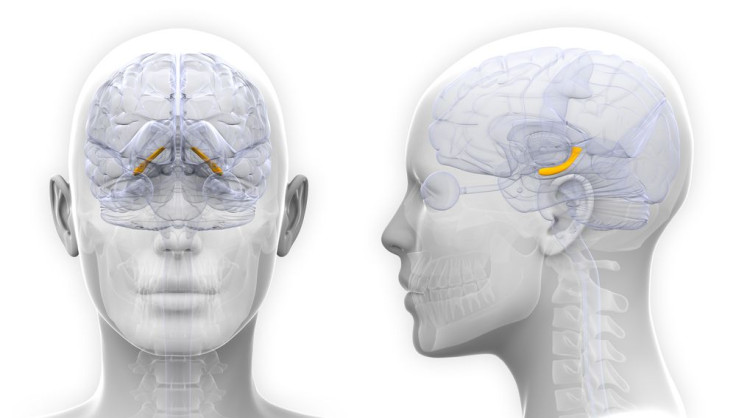Hippocampus Shape, Not Bulk Volume, Indicates How Well Our Memory Functions

Is bigger always better? A new investigation of the hippocampus — the brain structure where we consolidate factual memories — may not overturn the usual bias in favor of size, but it adds a new spin to the argument. A group of neuroscientists demonstrated that broader hippocampal shape related to better working memory, while greater hippocampal volume, the usual measure of brain size, did not.
Memory is not handled in a uniform way by our brains. Different regions and systems sort and collect our declarative memories, while other systems within our brains handle procedural memories. Declarative memory includes the facts we remember — for example, I ate a cheese sandwich while sitting beside the river on Tuesday. Procedural memory, sometimes referred to as implicit or unconscious memory, governs the recollection of learned skills — riding a bike, for instance. Due to this mental division of labor, the hippocampus is king when it comes to declarative memory, yet plays no part in procedural memory.
Notably, the hippocampus, which is shaped like a seahorse and hidden beneath the surface folds, is the first brain region eroded by Alzheimer’s, a disease that steals our memories. Learning more about the hippocampus, then, may have direct implications for this disease.
Shape vs. Volume
Typically, scientists view the size of the hippocampus as a way to determine the integrity of an older person’s memory, while neglecting all consideration of this brain structure’s shape. For the current study, scientists led by Dr. Mallar Chakravarty, an assistant professor at McGill University, collaborated with researchers from the Centre for Addiction and Mental Health to explore the relationship between hippocampus size and memory. Chakravarty and his team began by developing an algorithmic technique to map the hippocampus.
After they identified a variety of hippocampus shapes, they performed a close analysis and then characterized and sorted hippocampal types based on relative appearance of head, tail, and body.
Strangely enough, they discovered stereotypic shapes exist for the hippocampus.
Taking this observation one step further, they found that people with a broader shaped hippocampus tended to perform better on memory tests than others. In fact, shape differences were better predictors of memory function than volume.
“This exciting new finding may help us improve our understanding of how to preserve the memory circuit and its function,” Chakravarty stated in a press release. For all who fear Alzheimer’s, this study represents new hope for future treatments and prevention.
Source: Voineskos AN, Winterburn JL, Felsky D, et al. Hippocampal (subfield) volume and shape in relation to cognitive performance across the adult lifespan. Human Brain Mapping. 2015.



























